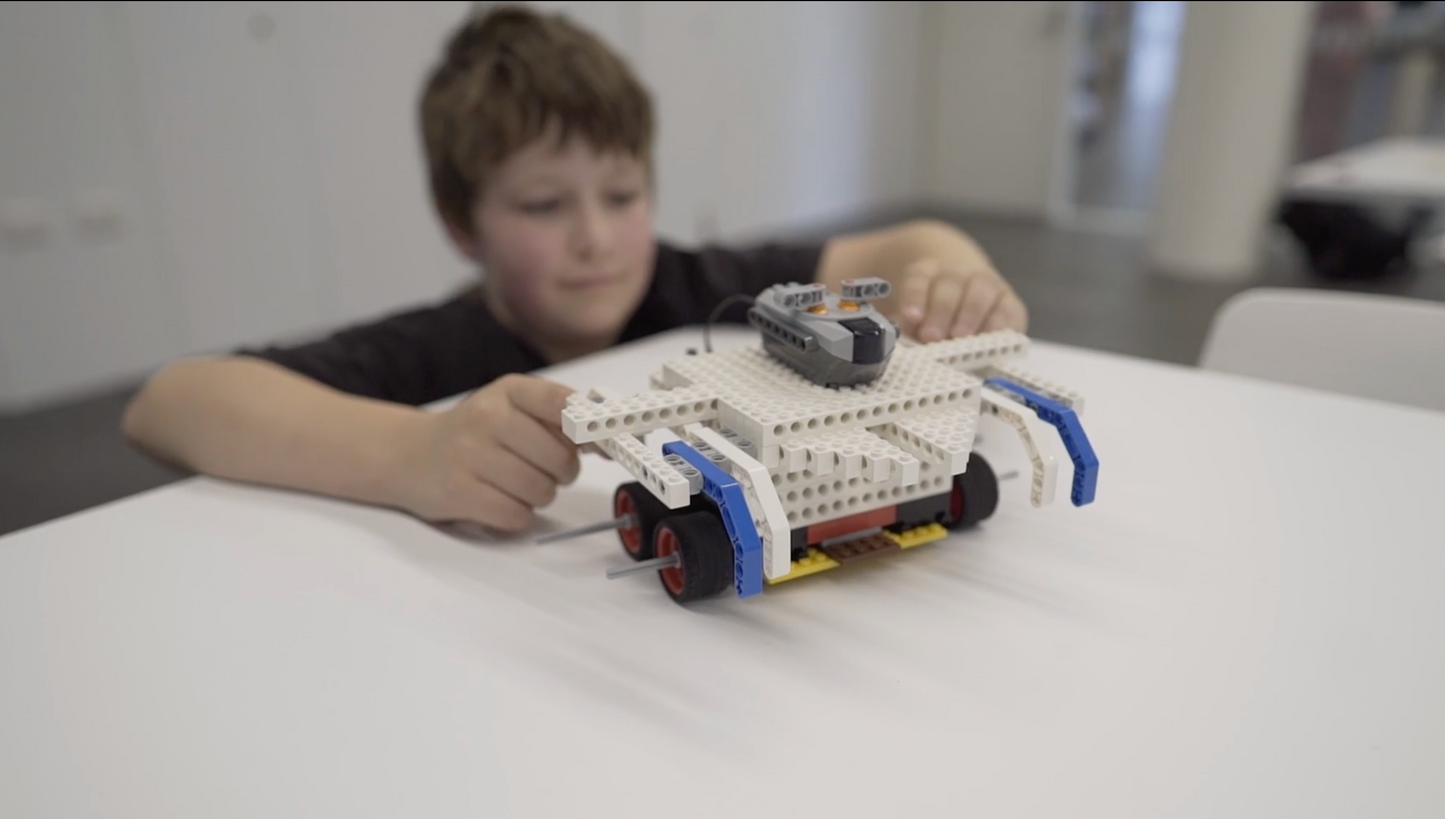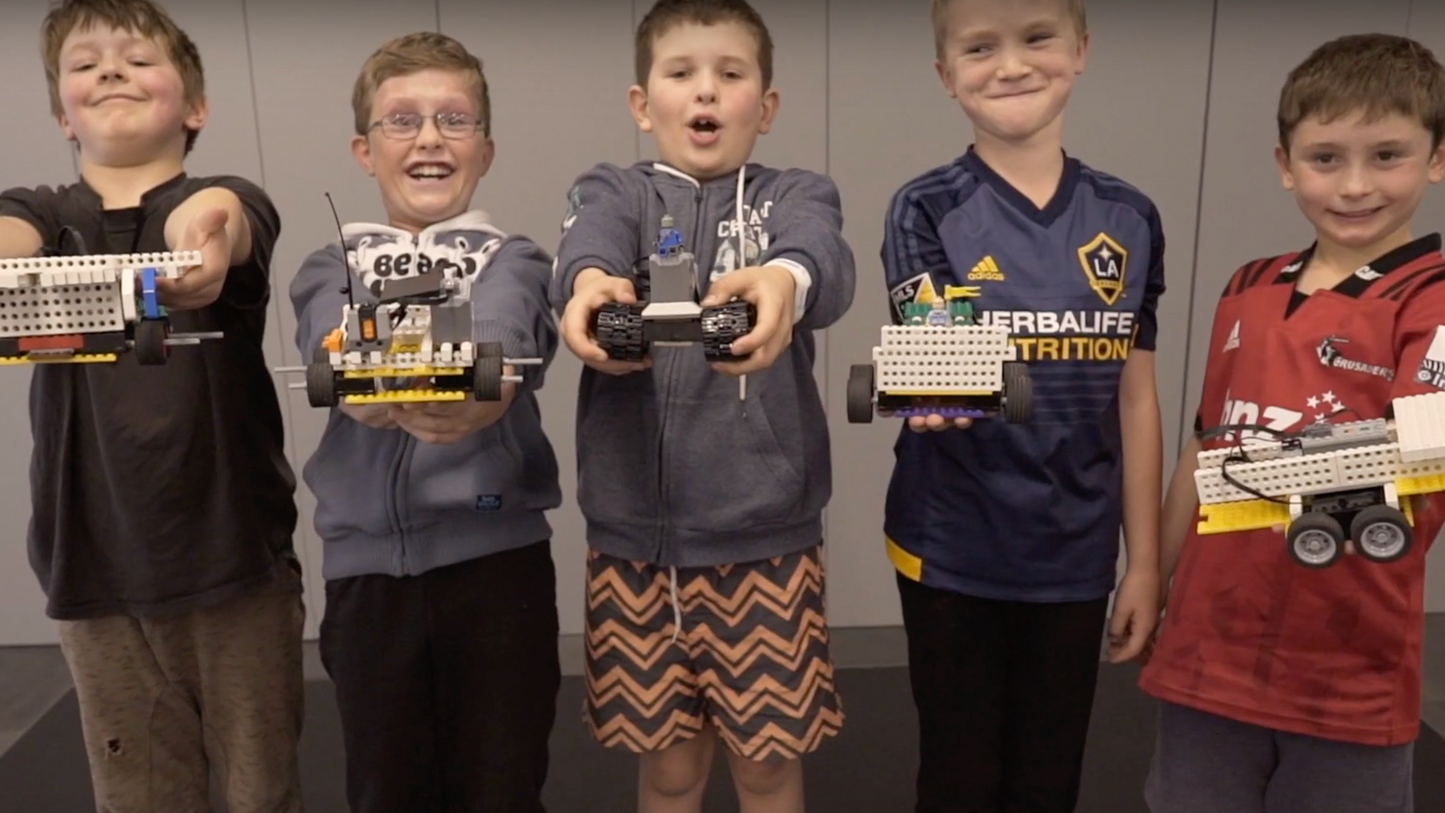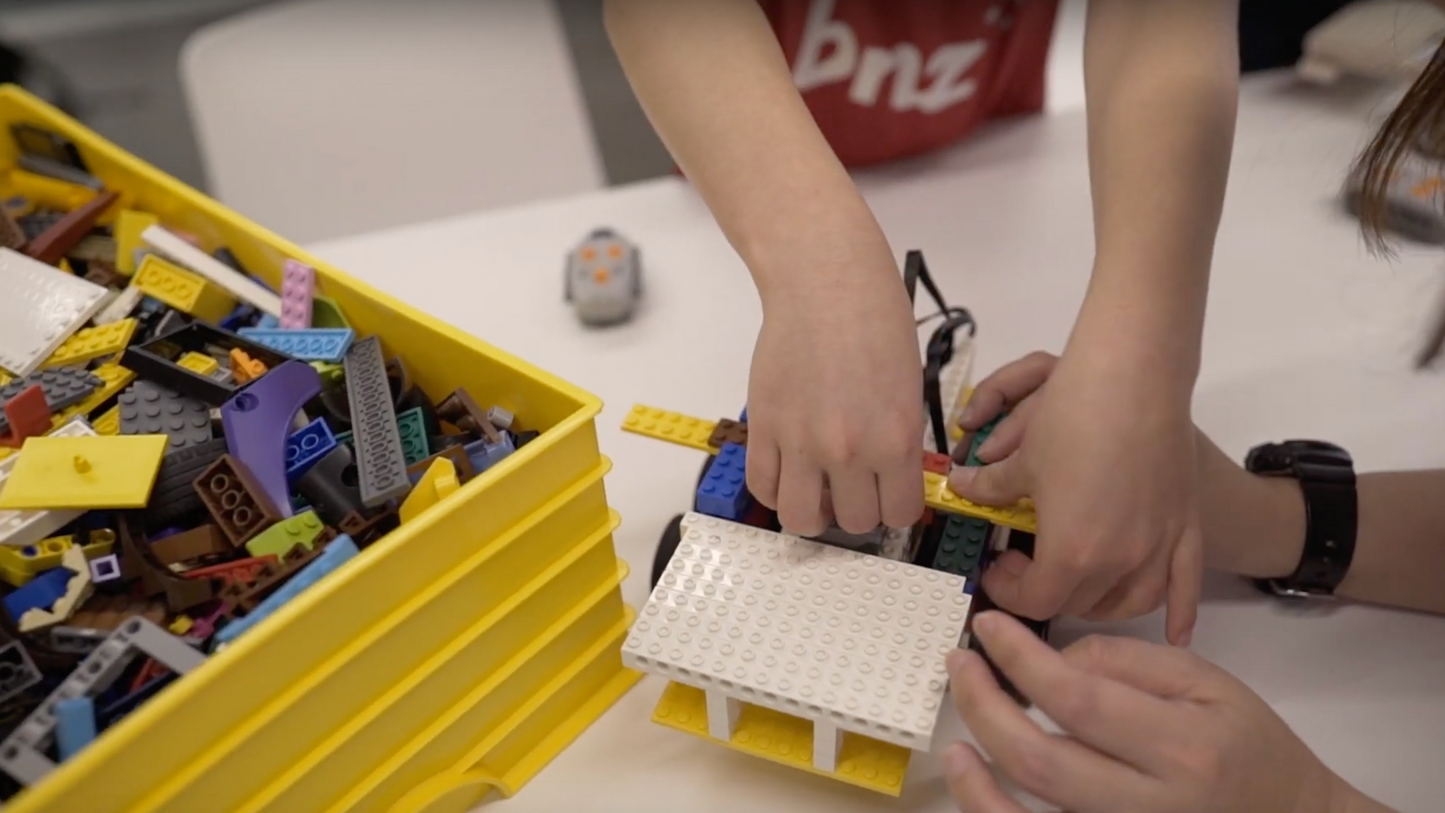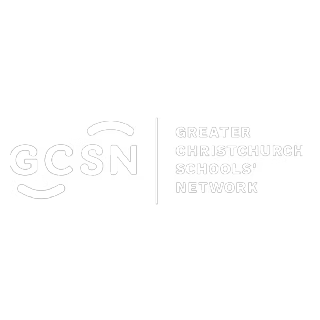Remote Controlled Race Cars
Your students will explore the design process and product testing by building their own remote control cars using our LEGO, Technic and Technic motors. We will load students up with a battery pack, receiver and two motors, and share some tips and tricks to help them build these into an epic remote controlled vehicle!
Age range: 7-13 years old
Session Length: 90 minutes
Price: $6.50 per child per hour (Minimum $80 per hour)
Capacity: 32 children.
- - We can use electric motors to create moving models.
- - We can use gears to increase either speed or torque, but they have an inverse relationship.
-
- Pins, axles, beams, and gears can be used to create static and moving components in models.
Students are guided through the process of designing a race car which they can then compete against their classmates. Each individual/team is given two motors, a battery pack and a remote control. They then have access to a huge variety of LEGO Technic to design their model just as they want it to be.
We are learning to:
- - Test models through an iterative design improvement process
- - Work effectively in pairs
- - Use a remote to drive a race car
- - Understand simple machines
- - Use axles, pins, beams, motors, wheels and other LEGO components to create strong static and moving parts for our models.
-
Science:
-
- Physical World: Physical Inquiry and Physics Concepts (Levels 1-5)
- - Explore everyday examples of physical phenomena, such as movement, forces, electricity and magnetism, light, sound, waves, and heat. (Levels 1-2)
- - Explore, describe, and represent patterns and trends for everyday examples of physical phenomena, such as movement, forces, electricity and magnetism. For example, identify and describe the effect of forces (contact and non-contact) on the motion of objects. (Levels 3-4)
- - Identify and describe the patterns associated with physical phenomena found in simple everyday situations involving movement, forces, electricity and magnetism, light, sound, waves, and heat. For example, identify and describe energy changes and conservation of energy, simple electrical circuits, and the effect of contact and non-contact on the motion of objects. (Level 5)
- Physical World: Physical Inquiry and Physics Concepts (Levels 1-5)
-
-
Technology:
-
Technological Practice: Planning for Practice (Levels 2-3)
-
- Develop a plan that identifies the key stages and the resources required to complete an outcome. (Level 2)
-
- Undertake planning to identify the key stages and resources required to develop an outcome. Revisit planning to include reviews of progress and identify implications for subsequent decision making. (Level 3)
-
Technological Practice: Brief Development (Levels 2-4) -
- Explain the outcome they are developing and describe the attributes it should have, taking account of the need or opportunity and the resources available. (Level 2)
-
- Describe the nature of an intended outcome, explaining how it addresses the need or opportunity. Describe the key attributes that enable development and evaluation of an outcome. (Level 3)
-
- Justify the nature of an intended outcome in relation to the need or opportunity. Describe the key attributes identified in stakeholder feedback, which will inform the development of an outcome and its evaluation. (Level 4)
-
Technological Knowledge: Technological Modelling (Levels 1-5)
-
- Understand that functional models are used to represent reality and test design concepts and that prototypes are used to test technological outcomes. (Level 1)
-
- Understand that functional models are used to explore, test, and evaluate design concepts for potential outcomes and that prototyping is used to test a technological outcome for fitness of purpose. (Level 2)
-
- Understand that different forms of functional modelling are used to inform decision making in the development of technological possibilities and that prototypes can be used to evaluate the fitness of technological outcomes for further development. (Level 3)
-
Understand how different forms of functional modelling are used to explore possibilities and to justify decision making and how prototyping can be used to justify refinement of technological outcomes. (Level 4)
-
Understand how evidence, reasoning, and decision making in functional modelling contribute to the development of design concepts and how prototyping can be used to justify ongoing refinement of outcomes. (Level 5)
Thinking:
Students will need to proactively strengthen their design as they build and test their model race car. Students will practice perseverance and resilience as they engage in problem-solving.
Using language, symbols and text:
Students are expected to follow verbal instructions throughout the session.
Managing Self:
This class involves lots of practical testing of LEGO models! Students need to manage their emotional response when damage occurs, to reactively invent solutions to solve structural weaknesses.
Relating to Others:
Throughout the session, students share space and resources and compete with each other.
Participating and contributing:
Students may need to work in pairs, collaborating on a single Model. Throughout the class, students need to be considerate and respectful of others ideas, designs and completed models.
BOOK YOUR SESSION
Couldn't load pickup availability
Share
